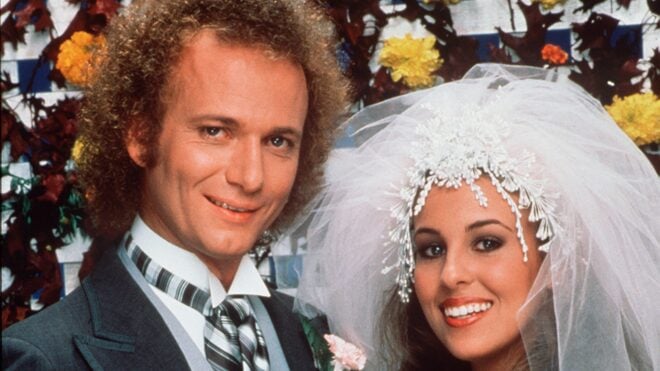
When a child needs a home, the priority is to place them with a safe family that can provide them with the love, care, and attention they need. Many foster parents assume this role knowing they might have children of different races in their home, and to most, they say a child's race doesn't matter.
While done without malice, the potentially harmful consequence of feeling that race doesn't matter is that you're saying a part of the child's identity isn't important to you. Neglecting their race or culture can be damaging, especially when they've already been removed from their home.
So, as a foster parent, it's part of your responsibility to ensure the child you're caring for is in an environment that feels safe, welcoming, and considerate of who they are as a whole.
Here are a few steps you can take to ensure it's happening.
Acknowledge Racism

This is one of the first steps you must take. When caring for a child of a different race, it's dangerous to raise them with the belief that racism doesn't exist. Because if they experience it, you have to be there to recognize it, acknowledge it, stand up for them, and support them through it.
According to Adoptuskids.org, "As a parent of a different race or culture from your child, you may have to educate yourself before you can help your child navigate the complicated racial landscape of our country."
Doing so won't happen overnight, but acknowledging that the child you're caring for may be placed in situations where their race is deemed a problem is crucial.
Consider Your Lifestyle

Look in your neighborhood and at your friends, coworkers, family, and those in the activities you enroll your children in. Are there people around you who are of the same race as the child you're fostering?
What about the restaurants you frequent, parks you visit, or festivals you attend?
You can even look at the foods you eat, TV shows you watch, the music you listen to, and the movies you see at the theater.
Your lifestyle doesn't have to change because you foster a child of a different race or culture. We wouldn't expect you to move somewhere else or change the core of who you are.
However, you want your foster child to be around and exposed to people who look like them. It's essential for their identity and their esteem.
Listen to Stories of Transracial Foster Children
Being in foster care can be challenging enough. Then if you add a race or cultural difference to the mix, it can make the process even more difficult for a child to manage.
So, while everyone is different, it's helpful to listen to the stories of foster children and children of adoption who have been in a transracial family.
Nicole Chung, a Korean adoptee with a white family, shared this in her memoir All You Can Ever Know:
"Having a white family was no kind of inoculation — usually, it just meant that I faced those battles alone. As much as they loved me, my family could not always understand or help me fight a form of prejudice they had never experienced."
This is a common sentiment among children in transracial adoption and foster families.
That's why a better understanding of what they might be experiencing can help you connect with the reality of their feelings.
Maintain Open Communication
You want your child to come to you about anything — good or bad. Maintaining open communication, so they feel safe talking to you, is a great way to ensure this happens.
Conversations don't have to center around race all the time — but it's OK to acknowledge your differences and even discuss things happening in the world that impact their race or culture.
And communication goes beyond your child to those around you. While you may be accepting of your foster child — do those around you feel the same? Can you learn from others who are the same race as your child?
RoAnne Elliott, who adopted a child of another race and is the former president of Adoptive Families of America, stated, "You need a supportive community comprised of many races — those who will be role models and provide inspiration, those who will stimulate your thinking, those who will fill your desire for cultural diversity, and those who will challenge you in constructive and respectful ways."
Being a foster parent can be a rewarding experience despite the challenges sure to come your way. Ultimately, when you act with your foster child’s best intentions at the forefront of what you do, you’re providing them with what they need. If you’re looking for additional resources on raising a child of a different race, you can check out the North American Council on Adoptable Children, which offers a plethora of resources related to transracial parenting.







